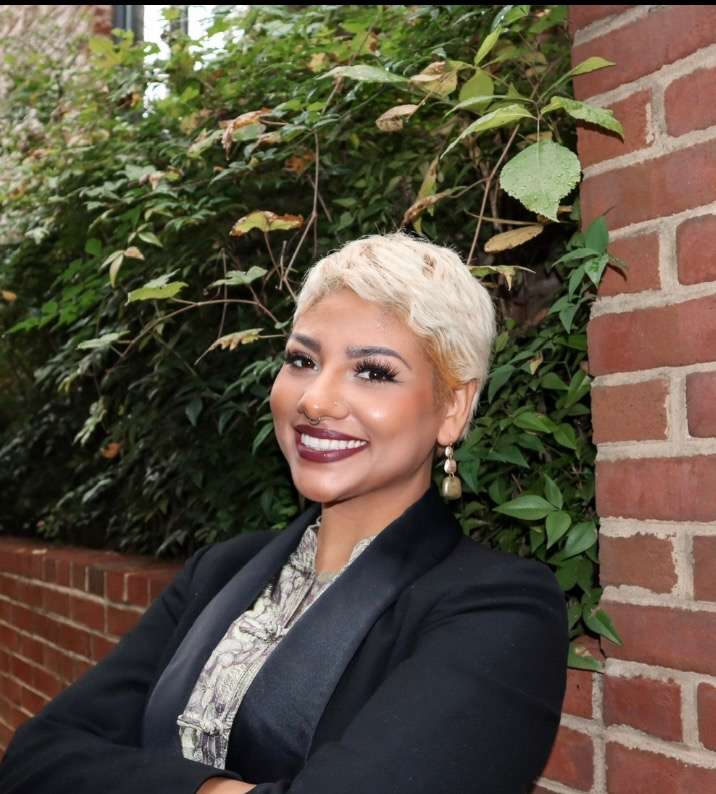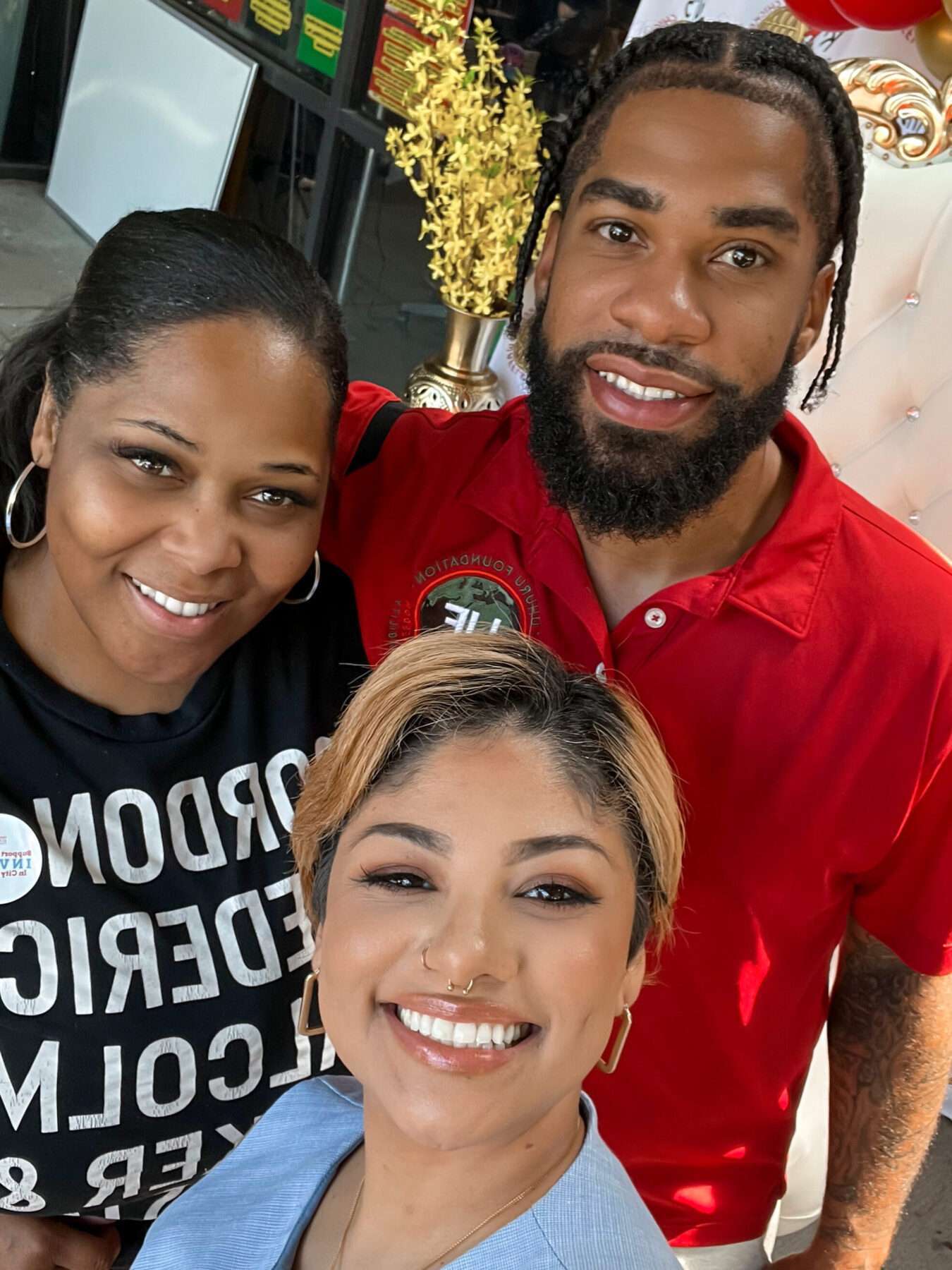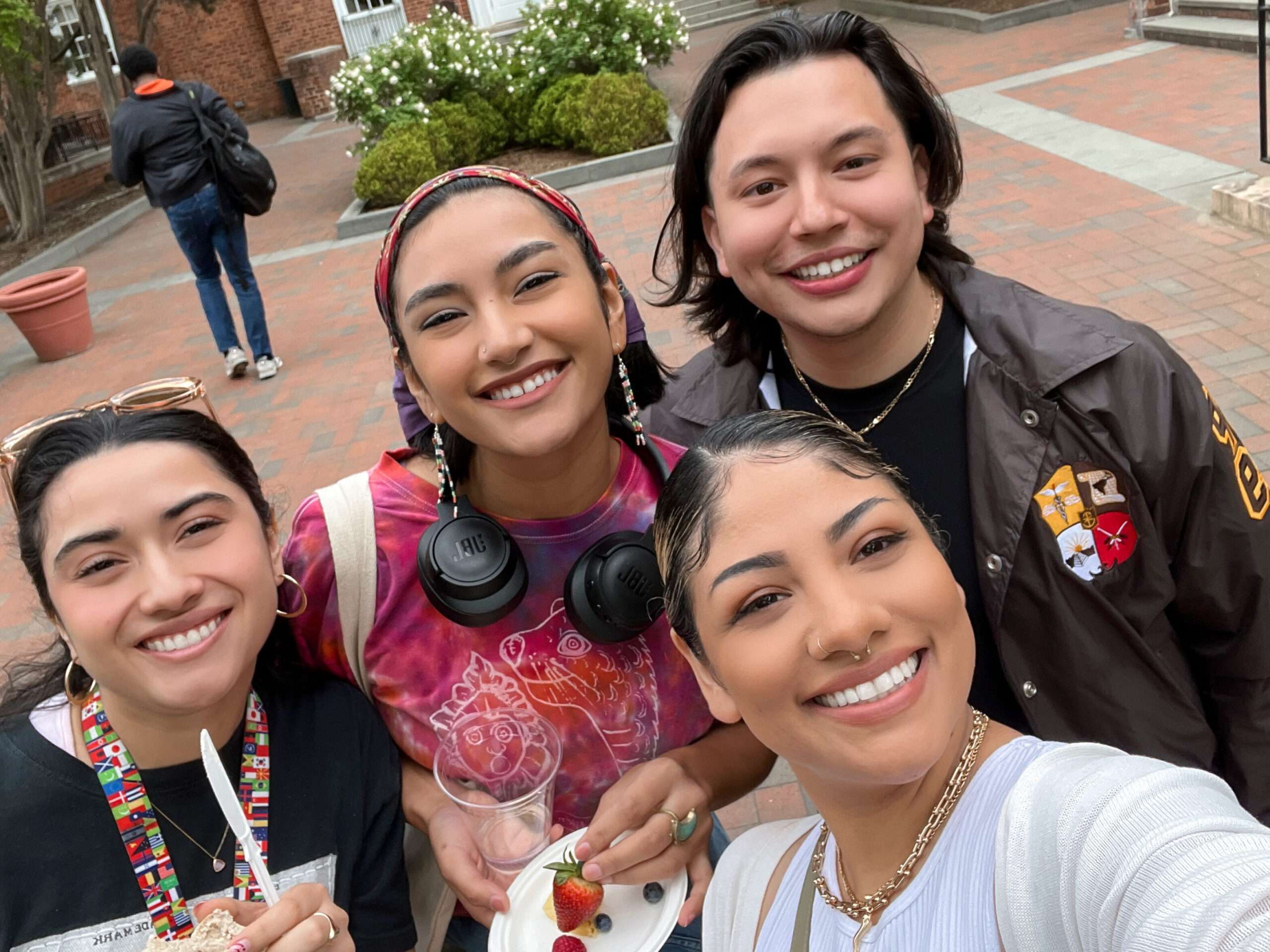Big improvements are coming to public education in Charlottesville. Until now, because of the way elementary education is structured in the city, many students will have attended three different schools by the time they reach high school. When a group of parents saw the negative impact that this instability had on the quality of their kids’ education, they got organized and changed the system. Today, the City of Charlottesville is reconfiguring the system so that students only change schools once, in grade 6. Walker Elementary, the former grade 5-6 facility, is being closed, renovated, and repurposed.
The reconfiguration and renovation is happening thanks in part to a grassroots push by Charlottesville United for Public Education (CUPE), a group of parents, guardians and other caring adults dedicated to improving the quality of education for all children by centering the needs of Black, Brown, and other marginalized students. Conceived in 2021, CUPE launched in 2022 under the fiscal sponsorship of Virginia Organizing.

Sandra Aviles is the community organizer for Charlottesville United. Her passion for public education advocacy comes from her own experience as a parent of three children, the oldest of whom is currently in 10th grade. Parenting through the COVID-19 quarantine caused her to reflect on what factors helped some children thrive more than others, giving her a new perspective on how communities could meet kids’ needs.
“Levels of privilege make a huge difference in educational opportunities,” she says.
CUPE works to give parents of marginalized families the power to make sure the education system works for their children. The reconfiguration and renovation was just the first step. Charlottesville United is also advocating for the former Walker Elementary facility to be used as an early childhood education center.
“We are getting input from the community on what the program could look like, to make sure it meets the needs of Black and Brown community members,” Aviles says. “We are asking for a different approach to pre-K when it comes to a publicly-funded school, one that has parity with private pre-K programs that more privileged families get.”

The organization works to uplift community voices. When the community needed more information about school transportation, they used webinars and School Board candidate forums as tools to amplify community voices and engage decision-makers. CUPE was also integral in holding a community forum for teachers, students, and community members to be heard after the recent reset at Charlottesville High School.
Aviles hopes that all students will begin to imagine themselves in educational and career settings previously considered closed due to lack of opportunity. CUPE recently conducted a tour of the UVA campus for Latinx students, exposing them to different fields of study so that they could begin to see themselves in a higher education setting. The event included a panel discussion where Aviles shared her own experience as a Mexican immigrant who came to the United States as a child.

In the coming year, CUPE plans to launch a Community Engager Initiative, which will use volunteers from each school to knock on doors, host listening sessions, set up coffee meet-ups with elected officials, and train others to be self-advocates for their children and neighborhoods. CUPE is spearheading a truly grassroots movement for public education that puts power in the hands of families and communities that might otherwise be ignored or overlooked. Given everything they have accomplished in such a short time, they will surely be a force to be reckoned with in the future.





